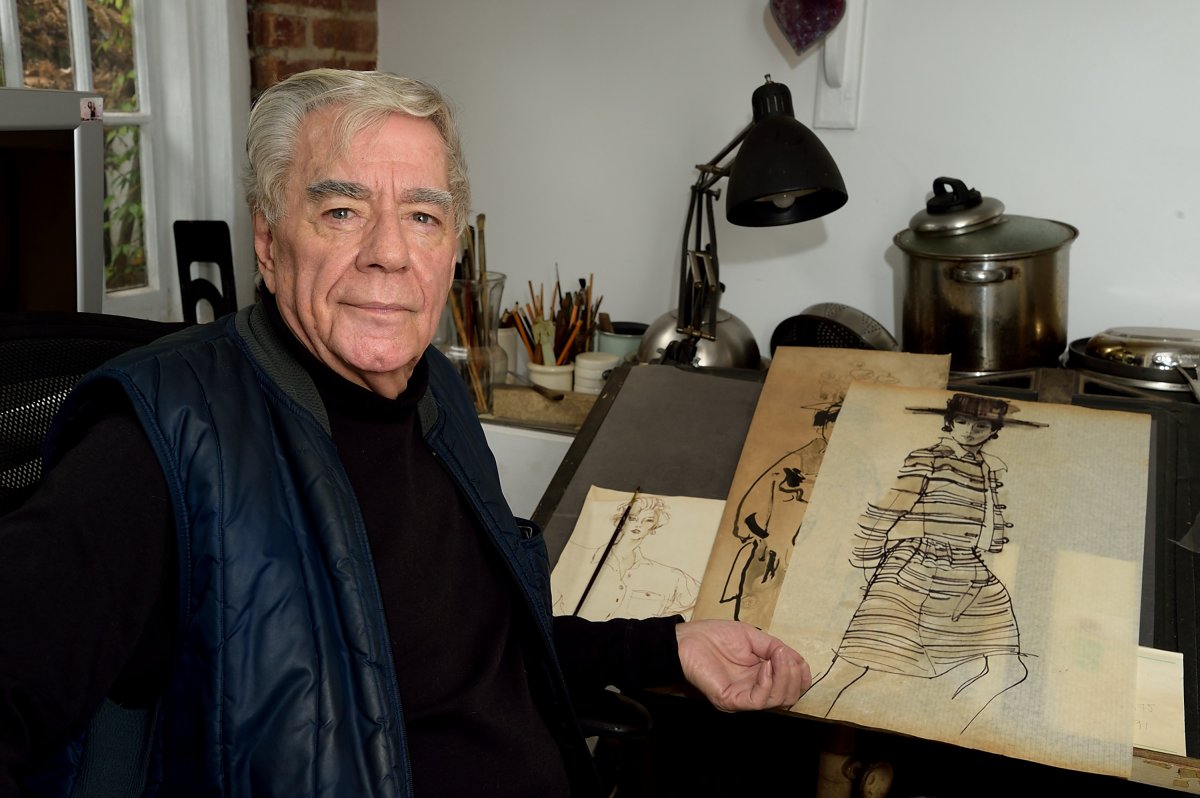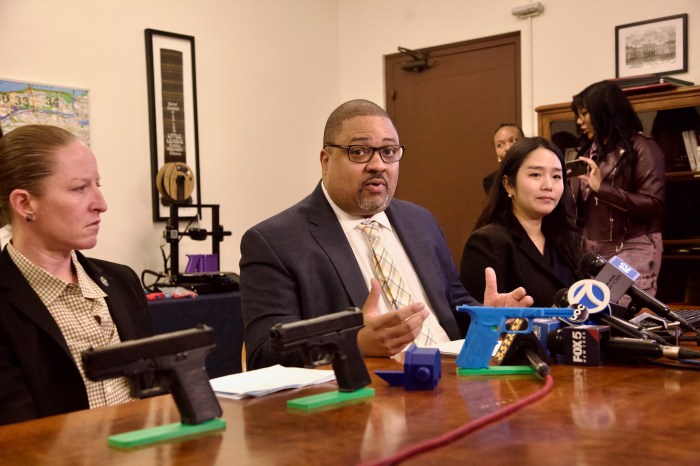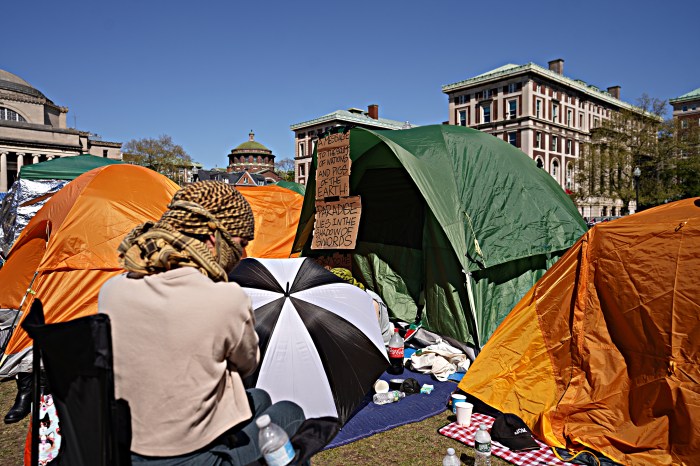
BY PAUL SCHINDLER | In a promising first step for a gay man fighting to keep the Village home he shared with his late partner for 53 years, a Surrogate Court judge has blocked the property’s sale by the dead man’s relatives and ordered them to show cause why Tom Doyle, as their uncle’s “surviving spouse,” should not be declared the “sole heir.”
On Nov. 1, Judge Nora Anderson issued a temporary restraining against four nieces and nephews of William Cornwell selling the 69 Horatio St. townhouse he bought in 1979. Anderson’s order gave them until Nov. 18 to “show cause.”
Cornwell and Doyle began their relationship in 1958. Cornwell bought them wedding rings after New York legalized same-sex marriage in 2011. According to Doyle, Cornwell’s declining health kept them from going to the city Marriage Bureau before Cornwell’s death in 2014.
Cornwell left Doyle the building in his will, but it had only one witness, not the required two. After entering into contract with a buyer for more than $7 million, the cousins offered to let Doyle, 85, stay there for five years and pay him $250,000 from the building’s sale.
Attorneys Arthur Z. Schwartz and Jamie L. Wolf filed suit claiming the men’s vacations in Pennsylvania made them common-law spouses there.
“The temporary restraining order by the surrogate,” Schwartz said, “indicates that, at least, based on our papers, she believes we have made a plausible legal case that they were married.”

















